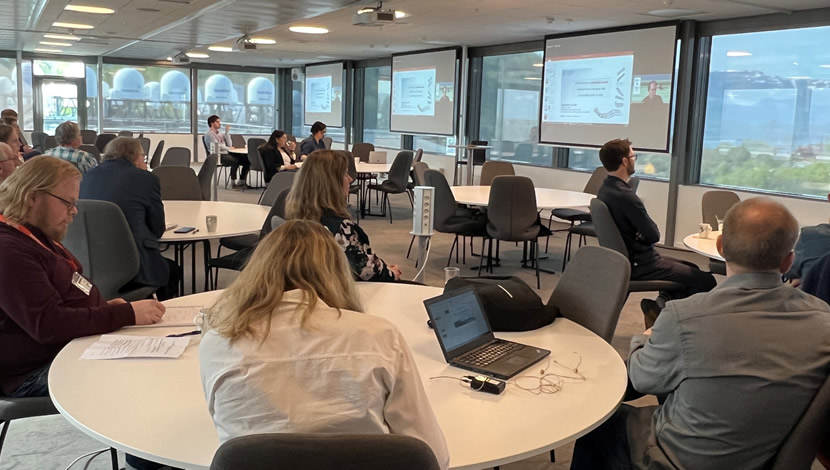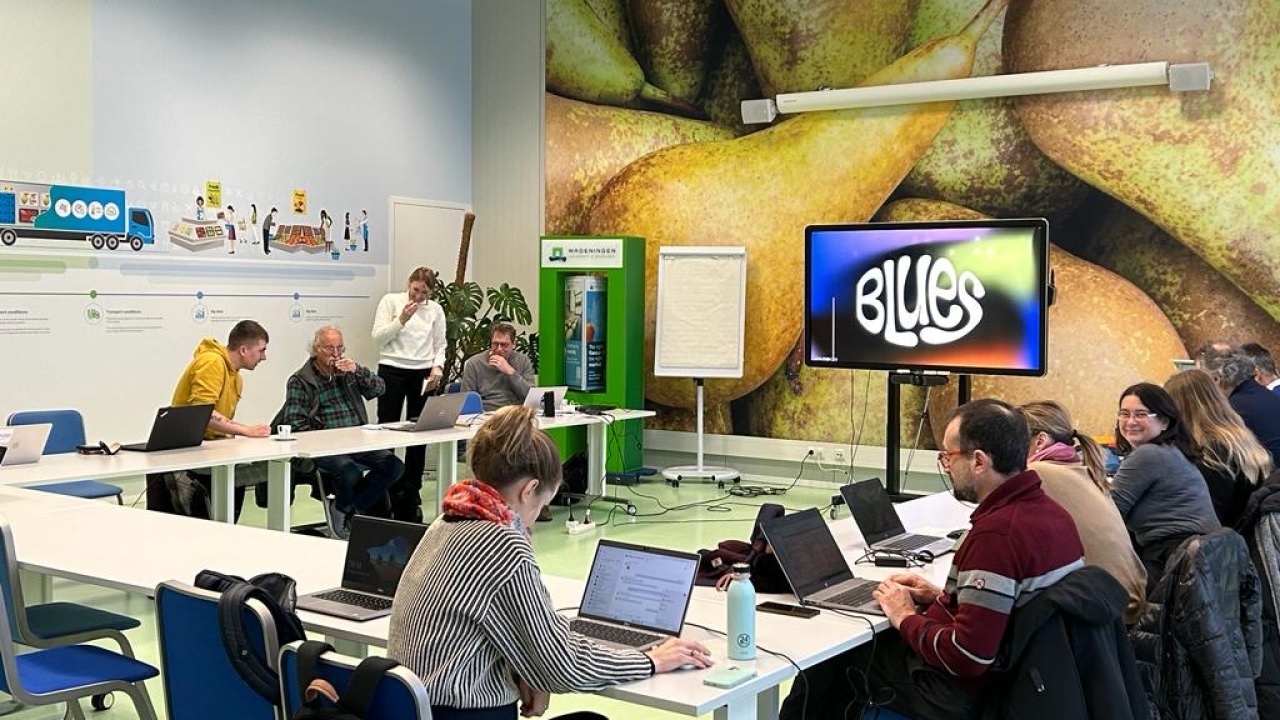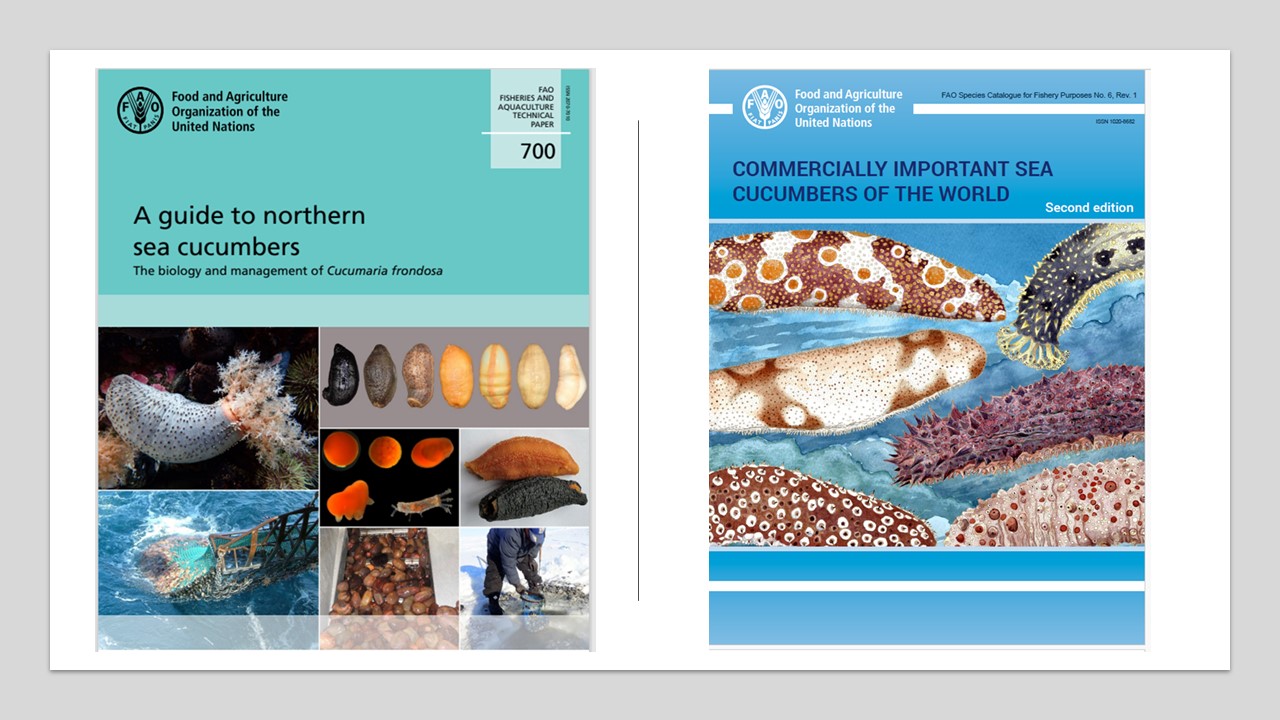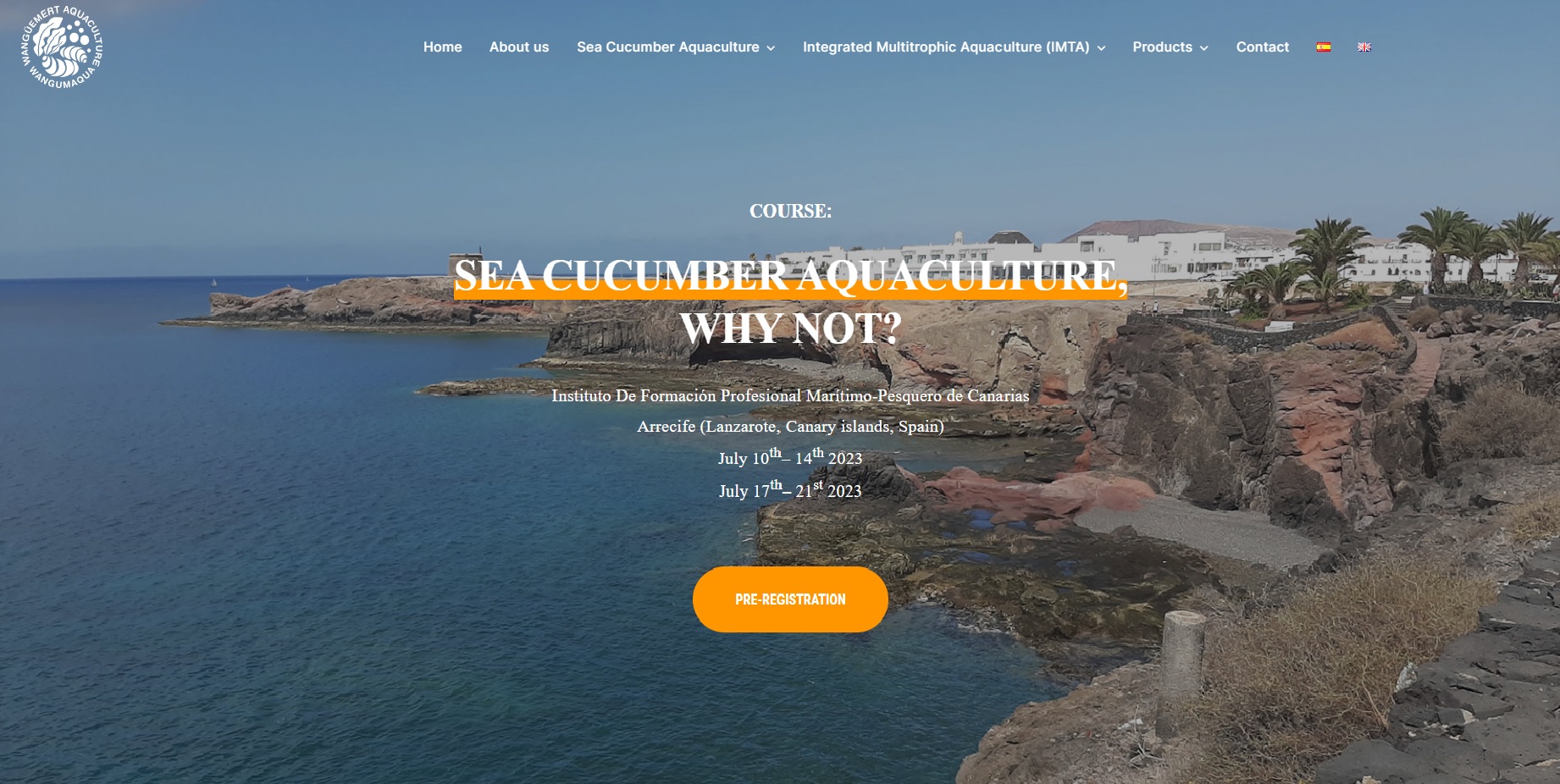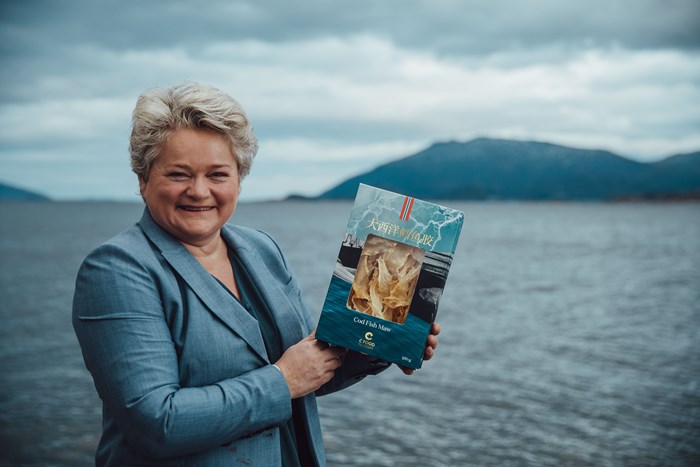The 2nd workshop, organized in the framework of HOLOSUSTAIN, was hosted by partners Møreforsking and ÅKP NCE Blue Legasea, in Ålesund, Norway
The 2nd workshop, organized in the framework of HOLOSUSTAIN, was hosted by partners Møreforsking and ÅKP NCE Blue Legasea, in Ålesund, Norway. The workshop took place on 20 May 2022 as mixed – both physical and virtual event (through Zoom). More than 60 participants from 11 different countries showed interest in the event. Physical attendees were from Norway and Iceland, while digital attendees and presenters were from Italy, Spain, Portugal, New Zealand, Sweden, and Canada, among others (additionally, attendees from Ecuador, USA, Australia have shown interest in the workshop and the final materials and distribution list of contacts after the event).
The workshop was organized in three thematic sessions:
- a morning session on "Regulatory status of the resource and bottlenecks to research and development";
- a first afternoon session on "Research and Development focus on sea cucumbers: what is known and what is needed for achieving deeper knowledge about sea cucumbers?", followed by a digital poster session;
- final, third session on “Consumer and industrial trends”.
A dialogue among all participants (companies, authorities, and researchers) with questions and answers, took place after each session, focusing on the available knowledge about the status of the sea cucumber resources in Europe and the main challenges for an operational temperate water sea cucumber-based bioeconomy sector in the Nordic countries/EC.
In conclusion, the need for thorough genomic and biodiversity studies of the resource, population characterization throughout the Atlantic & Mediterranean, as well as the current lack of legislative framework for the sustainability control by the corresponding national & EU authorities have been underlined as key bottlenecks for value chain development. The important ecosystemic functions these marine organisms play, and their low growth rates were underlined as challenging for closing aquaculture production cycles for the Atlantic species. Also, the current lack of knowledge on consumer interest for sea cucumber containing foods or products in Europe was mentioned as important challenge to the utilization of this resource as healthy novel seafood/ dietary protein source.
The recording from the workshop is publicly available in Youtube, at the following link:
- 2nd HOLOSUSTAIN workshop - opening slides.pdf
- Holosustain 2 - MF MATIS.pdf
- Breeding and rearing Parastichopus tremulus - HOLOSUSTAIN 2022.pdf
- Falch NTNU Works towards Europe.pdf
- Holosustain 2 - VKM.pdf
- Holosustain 2 - Jan Sunde & Gyda Christophersen.pdf
- Holosustain 2 - Rachel Morrison Poster.pdf
- Holosustain 2 - Lovatelli.pdf
- Holosustain 2 - Mercier Hamel Poster.pdf
- Holosustain 2 - EUROESPES Poster.pdf
- Holosustain 2 - Poster A.Madruga.pdf
- Holosustain 2 - Zamora.pdf
- Consumer acceptance of Novel Food BT Nystrand MF.pdf
- NCE Blue Legasea supporting commercialization of new marine products.pdf
- Sea cucumber - functional characteristics Ida Jensen NTNU.pdf

